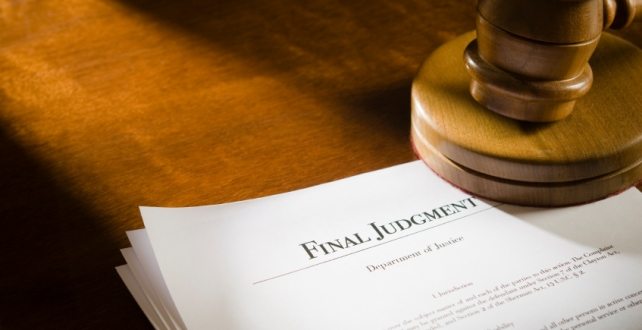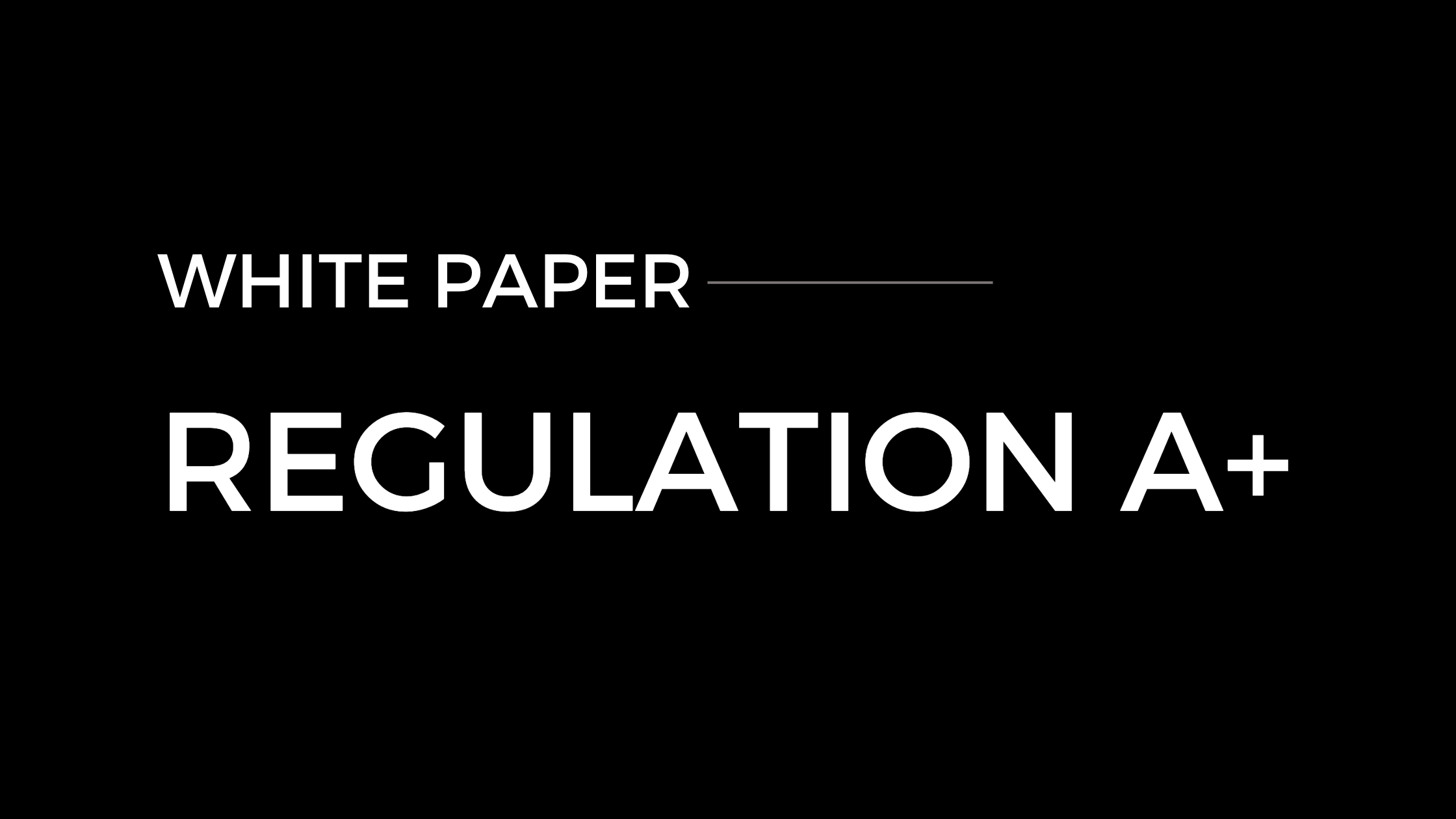A longstanding client contacted our office to pursue claims against a real estate developer after the financing deal went south. The client maintained comprehensive records. Therefore, the case appeared as a relatively simple breach of contract matter. However, we cautioned him at the onset that obtaining a judgment is one battle, and collecting on the judgment would be a completely separate task.
From tracing bank accounts to tracking unauthorized conveyances of property, collecting on judgments is sometimes just as rigorous as pursuing litigation in court. Ultimately, we were able to secure a judgment on this client’s behalf, in excess of six figures, in a reasonable amount of time. However, most of the case was consumed with collecting on the judgment: the developer ditched town, released liens, transferred assets, and took every opportunity to avoid all communications with our office.
Another client walked into our office with an array of contractual issues. He and his partner are principals of a film company. Various perpetrators swindled hundreds of thousands of dollars from them, damaged their reputation in the community, and caused them to break various contracts with third parties.
The corporate officers for our client were thorough in retaining records throughout the dwindling contractual relationship. Once again, the case appeared like an open-and-shut contract matter, but, we cautioned them that collecting on the judgment would be a whole different matter.
As expected, we obtained judgments against the various perpetrators but were quickly faced with the task of collecting on the judgment. Parties hid their assets off-shore, various forms of currencies were utilized to mask detection, and one perpetrator even took our private investigator on a high-speed chase to avoid subpoenas.
Patience is needed when not only litigating a matter but also when collecting on a judgment. Collecting on a judgment involves substantial hours and expenses. From registering liens with the state and various counties where property may be located to locating and garnishing bank accounts, the collection process can be convoluted.
Our law firm works with several private investigators in locating parties intentionally evading detection. Nonetheless, we are aggressive with garnishing wages and bank accounts, levying upon any assets to satisfy a judgment, and compelling discovery and depositions in aid of execution of the judgment. Most of the time, we will satisfy the judgment, but it may take some time and the finances may be received in chunks upon collection, as opposed to one lump sum as in settlements.
In any event, collection efforts are not for the faint of heart. Here are a few points to lessen the pain:
- Preserve all records in any contractual relationship;
- Make sure you get everything in writing; e.g. signed documents; e-mails; texts;
- Maintain custodial records of all agreements or contracts;
- Obtain a receipt for all transactions, no matter the value of the transaction;
- Retain up-to-date contact information for all parties;
- Retain a record of contracted customer banks and bank accounts.
We hope this information is helpful. Feel free to contact our office at 407-425-7831 if you have any questions concerning the litigation process and collecting on judgments.
Image source: businessandlegal.ie
SaveSave




